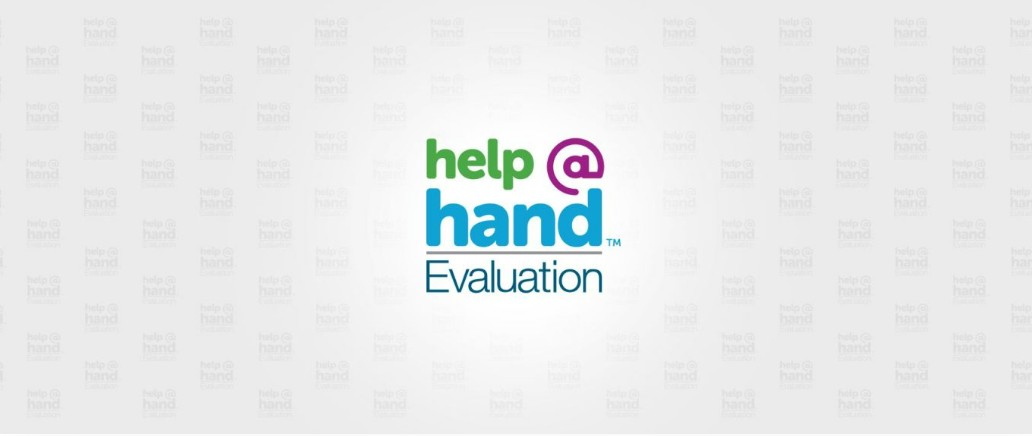Peer supporters were supposed to help bridge the mental health gap with the aid of new digital tools, but the system set them up to fail.
A new study examining California’s roughly $100 million Help@Hand initiative reveals that peer workers were given unclear roles and limited resources. Many struggled to support their communities while navigating vague expectations and competing demands. The findings raise broader questions about what it really takes to make digital mental health interventions work and who gets left behind when they don’t.
“The skill set that we need is someone who is organized, comfortable with public speaking, can work somewhat independently, can coach around digital health and technology,” said one program staff member when describing the nearly impossible expectations placed on peer workers.
The study, led by Biblia S. Cha, a researcher in the Department of General Internal Medicine at the University of California, Irvine, along with colleagues from multiple University of California campuses, examined the real-world challenges peer workers faced while implementing digital mental health tools within a public health system.
By documenting how peer workers were simultaneously essentialized and unsupported, the research offers a compelling account of how systems that claim to value lived experience often fail to center it meaningfully. The findings illuminate how technological solutions, when imposed without attention to equity, context, and power, can replicate the very hierarchies they aim to disrupt. For those who have long challenged the top-down production of psychiatric knowledge, this study offers empirical confirmation that inclusion without infrastructure is a form of tokenism, not transformation, and that participatory intent must be matched by participatory design.
















I think too many people fail to realize that the problem today is not how to deliver “mental health services” to more people, but how to understand people well enough so that ANY sort of valid mental health improvement can be achieved by anyone.
As far as I can tell, all we have now is a system that gives some people who feel like they’re close to the edge someone to talk to. Well, that’s better than nothing, and it might be all many people really need. But a bunch of other people are getting brush-off handlings and prescriptions – which achieve absolutely nothing except revenues for various interest groups. And a bunch of others aren’t getting anyone to talk to and meanwhile are being told some of the most misleading things about the mind and “mental health” that I can imagine – such as: It’s all in your brain.
As far as peers who want to help their fellow sufferers, I think they are pretty well on their own at this point and should probably be organizing groups outside of “the system.” The system doesn’t want them, as their help is as or more effective than the doctors who run the system. Unless these doctors get fully debunked and replaced, and the system starts to actually work, throwing fixes at it will not achieve much.
Report comment
Well said! I totally agree. I am also concerned with how 988 has gotten put into large school systems with NO transparency about how the police can be called–and sent–without your permission, if you mention suicide. Research into these programs shows that 20% of the time if you mention suicide, the police ARE CALLED without permission.
Report comment